Openreach Aim for 15 Million UK FTTP Broadband Premises by 2025
Telecoms giant Openreach (BT) has today confirmed a significant ramping-up of their UK “Fibre First” rollout of 1Gbps capable Fibre-to-the-Premises (FTTP) broadband ISP technology, which will now aim to cover 4 million homes and businesses by March 2021 (up from 3m) and an ambition for 15 million by around 2025 (up from 10m).
Over the past few months Openreach have been busy hiring thousands of new engineers to support the roll-out and their “full fibre” network has already reached 1.2 million premises (here). As a result their overall build rate is now running at around 20,000 UK homes passed per week (here), which is three times quicker than a little over one year ago.
Openreach today said they continue to deliver FTTP at the “lower end” of its £300 – £400 per premises passed cost range and believes that it can “pass around 50% of UK premises within this range of costs“.
By comparison today’s announcement marks another significant shift in strategy from Openreach’s pre-2018 approach, which originally only pledged to cover 2 million premises with FTTP and 10 million via their slower but cheaper to deploy 330Mbps capable hybrid-fibre G.fast technology by the end of 2020 (March 2021 financial).
However Openreach’s original strategy was set before Cityfibre, Hyperoptic and other alternative network ISPs had announced major UK “full fibre” deployments of their own (Summary of Full Fibre Plans). Furthermore it also came before the Government’s Future Telecoms Infrastructure Review (FTIR), which set out a raft to changes to help the Government achieve its ambition for “nationwide” FTTP coverage by 2033.
Suffice to say that a mix of regulatory changes, political pressure, a new BT Group CEO (Philip Jansen) and stronger competition now appears to be encouraging a change. Most of this is focused upon urban areas where Openreach and Virgin Media have traditionally dominated and made most of their money (Openreach are however still doing a fair bit of rural FTTP under extended Broadband Delivery UK contracts).
Since 2017 we’ve thus seen Openreach raise their initial FTTP coverage target from 2 to 3 million premises in February 2018 and then scaleback their G.fast rollout from 10 million to c.5.7 million in August 2018 (here). Today essentially marks a continuation of that trend as the operator recognises that they have to change faster than their competition or risk losing a much bigger chunk of market share.
Philip Jansen, BT Group CEO, said:
“Our aim is to deliver the best converged network and be the leader in fixed ultrafast and mobile 5G networks. We are increasingly confident in the environment for investment in the UK. We have already announced the first 16 UK cities for 5G investment.
Today we are announcing an increased target to pass 4m premises with ultrafast FTTP technology by 2020/21, up from 3m, and an ambition to pass 15 million premises by the mid-2020s, up from 10 million, if the conditions are right, especially the regulatory and policy enablers.”
We have long predicted that one of Jansen’s first acts after taking over as CEO of BT Group, which still holds the money for Openreach to spend, would be to confirm their strategy for a “large scale” roll-out of FTTP. The operator previously estimated that reaching 10 million premises could cost between £3bn to £6bn and costs rise disproportionately the further you go outside of the most lucrative urban areas.
However one subtle caveat in today’s announcement is that BT are still saying that their 2025 ambition “remains subject to conditions being right,” which suggests that they’ve yet to solidify the necessary agreements with Ofcom / Government (examples given include support for wayleaves and extension of the 5 year business rate relief on new fibre). On the other hand they wouldn’t be raising their long-term ambition if there wasn’t some confidence in the direction of travel, which is alluded to in Jansen’s comment.
At this point you might ask, where will all of the money for this come from? Aside from regulatory and policy changes to help make FTTP deployments cheaper (FTIR etc.), another big chunk of it seems likely to come from the loss of more jobs from within BT (one report predicted a future cut of 25,000 full time staff, albeit mildly mitigated by rising engineer numbers).
Similarly Openreach’s recent consultation on their plans to gradually switch-off the old legacy copper line network (here), as FTTP is deployed, also hinted that the G.fast rollout could be scaled-back again in order to become even more targeted toward non-FTTP areas (ignoring some of the usual overlap between networks).
Overall this is generally very good news, although some of Openreach’s rivals do have concerns. In particular some altnet ISPs fear that a more aggressive push into FTTP could reduce “full fibre” coverage improvements through overbuild, while also creating more disruption for locals (i.e. repetitive street works by different operators in the same area) and enabling the telecoms giant to slowly rebuild a dominant position (i.e. squeezing out new competitors with its weight).
Meanwhile the often proposed idea of trying to solve this dilemma by having everybody work together (e.g. sharing infrastructure to avoid overbuild) seems unlikely to succeed given the different approaches and complex regulatory / business / wholesale models involved. The phrase “like herding cats” comes to mind.
On the flip side the majority of this battle is taking place in commercially competitive urban areas (i.e. doesn’t generally involve any public investment) and that is seen by many as fair game for whoever (private sector) wants to take the risk by spending big. Overbuild also increases consumer choice, which is a positive (e.g. like the old Openreach vs Virgin Media networks).
So far the Government has chosen not to act against overbuild, although Ofcom have said that they will “remain vigilant” of situations where Openreach could use a “first-mover advantage” and “specific predatory actions” to undermine rival altnets (here). Openreach might well feel a touch of ‘damned if they do, damned if they don’t’ about some aspects of today’s market.
UPDATE 9:11am
The CEO of Openreach has also justgiven his reaction to today’s announcement.
Clive Selley, CEO of Openreach, said:
“The Government’s ambition is to see a nationwide full-fibre network by 2033 – but that’s a huge ask. If it’s going to happen, I know Openreach will need to do the heavy lifting, so we’re working hard to build a business case which makes it commercially viable to upgrade the majority of the UK.
We’re determined to be the UK’s full fibre broadband provider and we’ve been encouraged by the direction of Government and Ofcom in supporting that investment case.
That said, if we’re to build to 15 million premises and beyond, we do still need the certainty of a regulatory framework which encourages investment in the long-term. And we need action to address the ‘Cumulo’ tax on fibre infrastructure, along with a mass of red-tape and barriers which hamper our efforts to upgrade apartment blocks and new developments.
The Government urgently needs to take steps to address these barriers. I hope some renewed energy can be brought to bear on what’s a crucial national infrastructure project, and one that we believe will create the platform for productivity growth and prosperity post-Brexit.”
The “Cumulo” rate is just the phrase used to describe the tax on commercial property, which is defined by the Valuation Office Agency (VOA) as BT’s network (ducts, poles, parts of exchange buildings and other assets).
Mark is a professional technology writer, IT consultant and computer engineer from Dorset (England), he also founded ISPreview in 1999 and enjoys analysing the latest telecoms and broadband developments. Find me on X (Twitter), Mastodon, Facebook and Linkedin.
« Pure Fibre Housing Bring FTTH Broadband to New Builds in North Wales
Latest UK ISP News
- FTTP (5664)
- BT (3551)
- Politics (2582)
- Openreach (2333)
- Business (2309)
- Building Digital UK (2264)
- FTTC (2056)
- Mobile Broadband (2020)
- Statistics (1818)
- 4G (1707)
- Virgin Media (1659)
- Ofcom Regulation (1488)
- Fibre Optic (1417)
- Wireless Internet (1411)
- FTTH (1382)

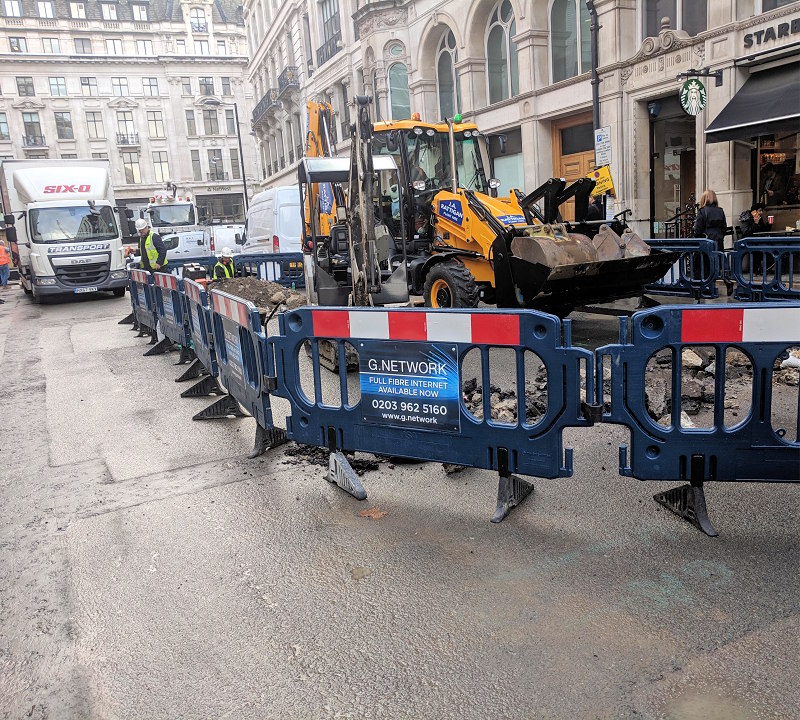















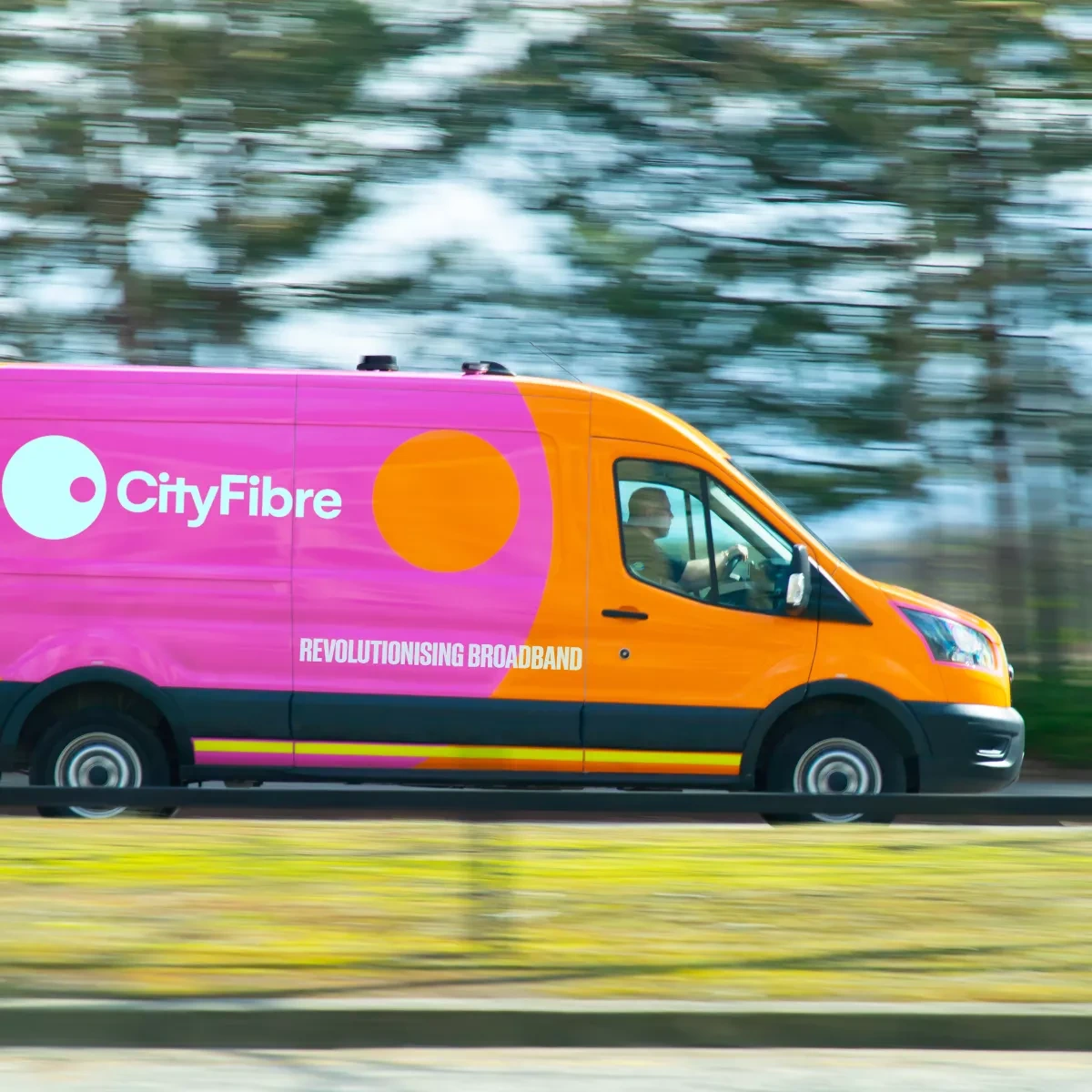















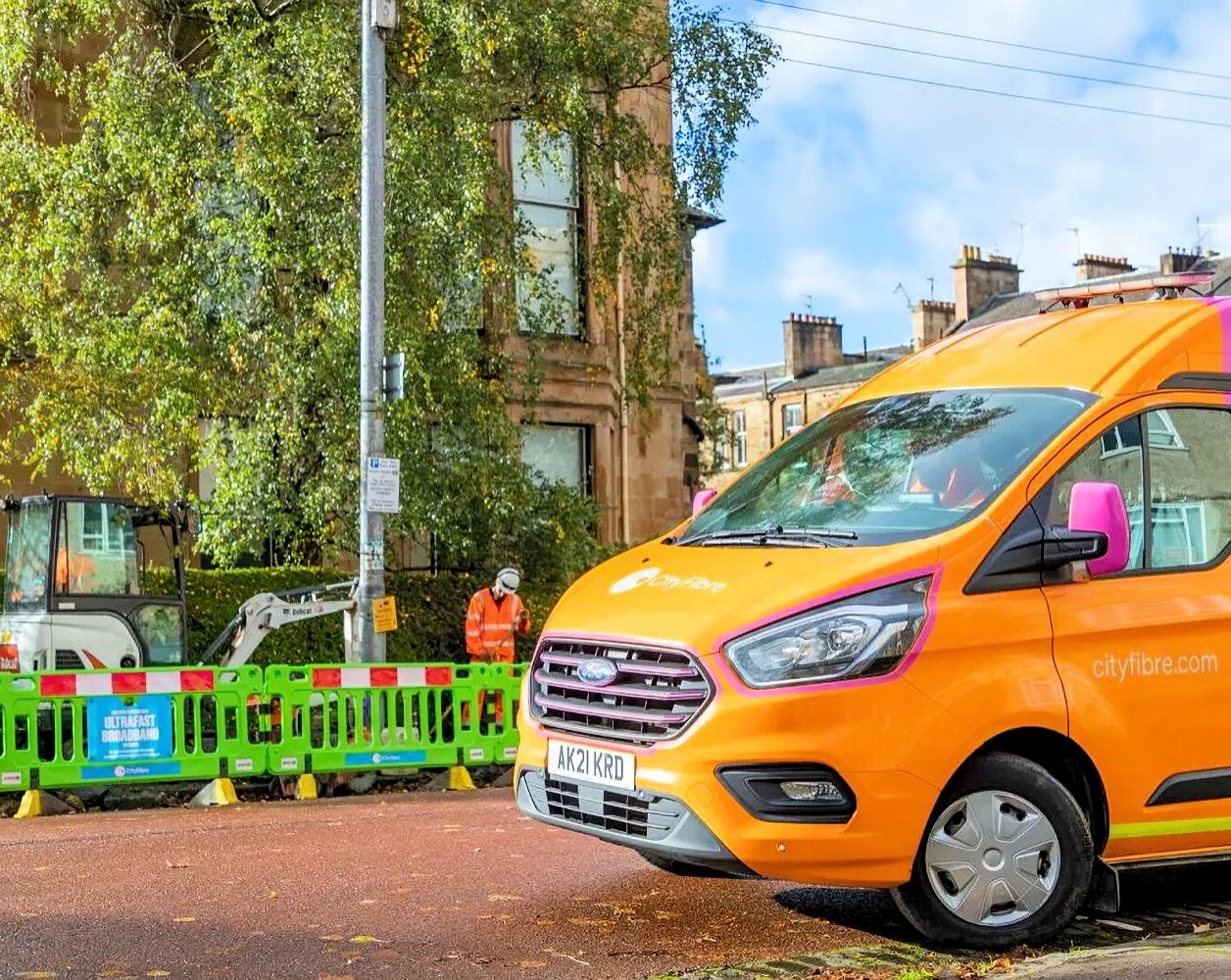





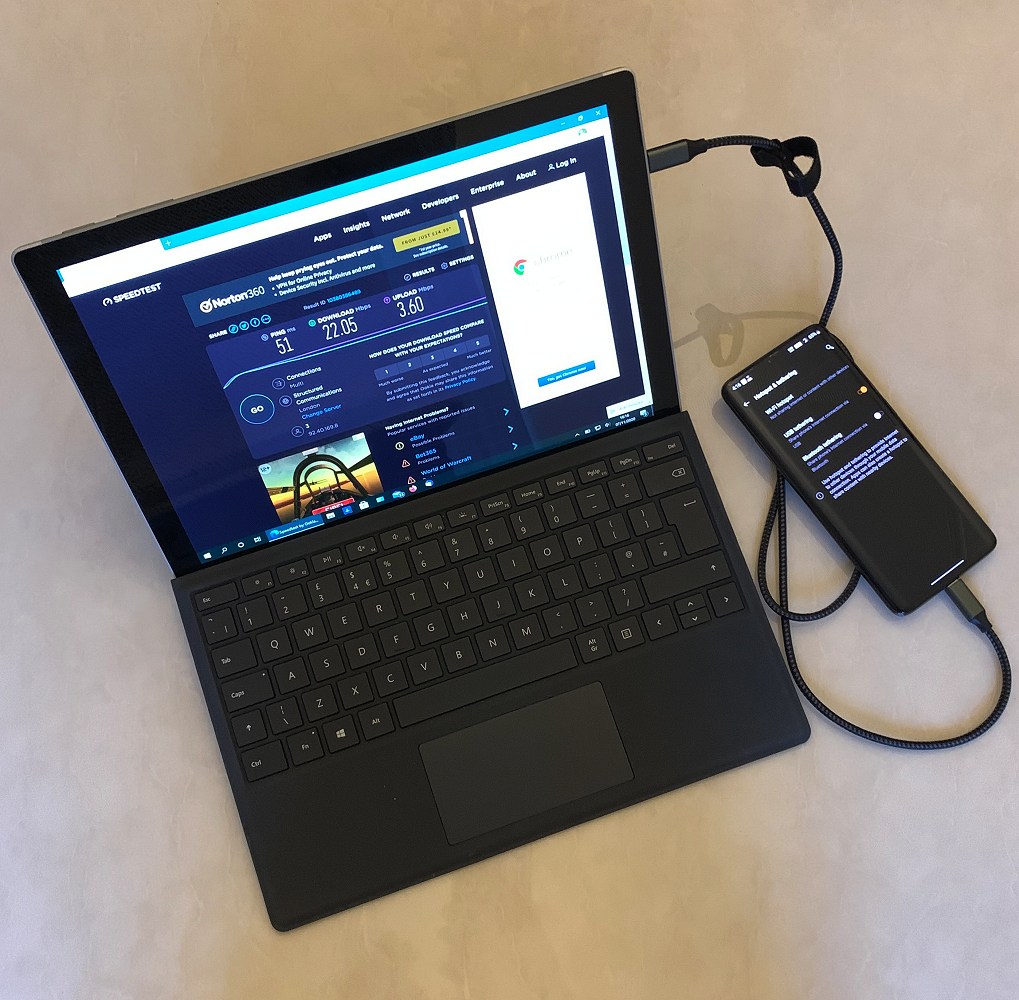


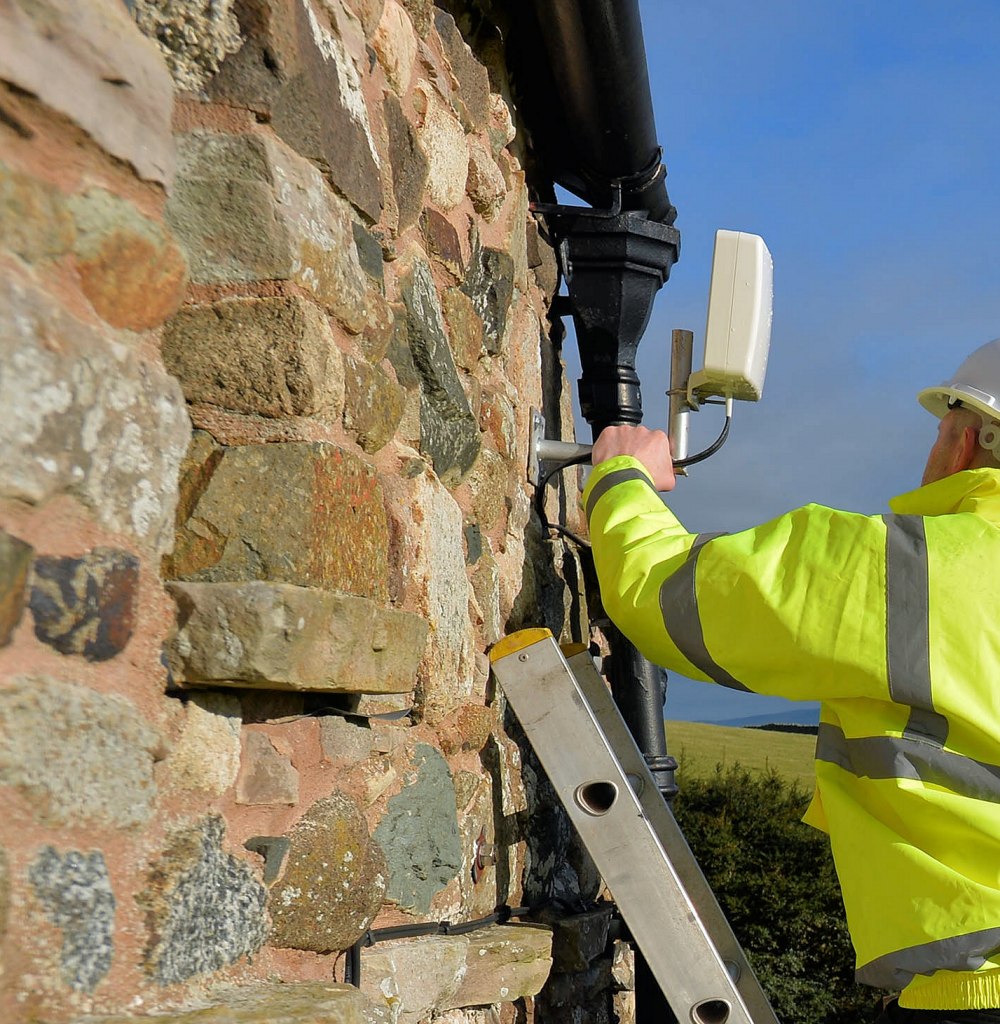






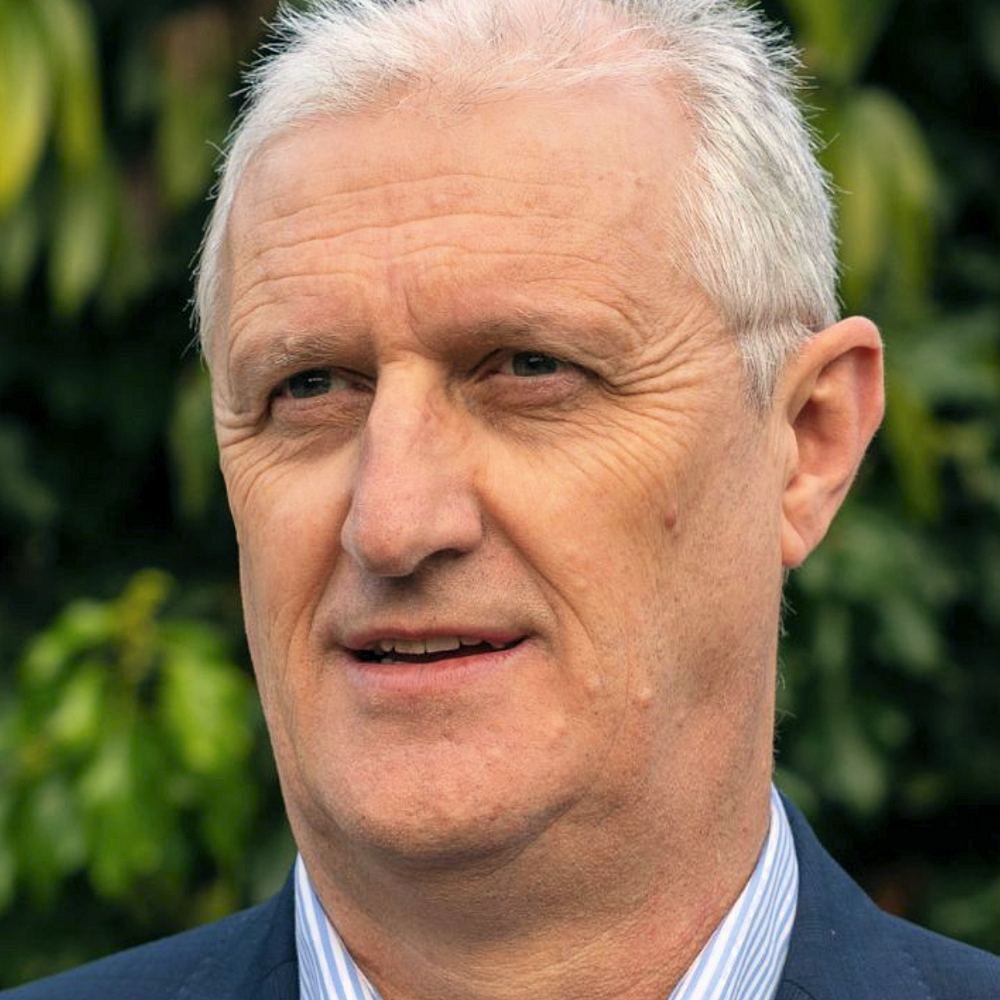

What is being done to separate B.T. from Openreach? Openreach recently cut off our fibre Broadband as part of a system cleanup on 3 January 2019 resulting in us being without for a long time under our contract with Plusnet. We have gone to Sky who tell us that they will be able to connect us next week. Hopefully.
Unfair monopoly????
We also had to forfeit our line rental which we paid up front for a year which leaves us with a loss of £72.95 and the expence of travelling to our nearest library to collect e-mails.We have no come back on Plusnet according to the Ombudsman as Openreach caused the disconnection in the first place. Openreach are untouchable by any means. Openreach should be made to come under the umbrella of the Ombudsman.
As a consumer your contract is with the ISP and so it’s them who must solve any problems. As for Openreach’s market position, here’s what was agreed in 2017:
https://www.ispreview.co.uk/index.php/2017/03/ofcom-bt-reach-voluntary-agreement-openreachs-uk-future.html
@Josephine Crayton: Are you sure you had fibre broadband? Sky won’t launch Openreach FTTP plans before H2 2019!
Late but good news OR have reduced unit costs and have determined an investment path. BT needs to retain OR revenues despite lower market share but whilst this commitment will include BDUK, USO and targeted Newbuild nationally the majority of all this will be be urban.
So the issue remains. How are Ofcom going to encourage FTTP rollouts in the other 50% of the countries premises without causing price differential.
What OR should look at doing is multi dwelling unit’s such as what Hyperoptic and Cityfibre (and probably others) are doing. It get’s numbers up very quickly. Which will help them recoup some of the investement.
Is there a way of registering interest to get FTTP installed? Or is it a waiting game?
4 Million, don’t make me laugh. Im Still waiting on Openreach/BT to cover the rest of my new housing estate in Manchester. They have only bothered to do half the estate yet their and BTs checker claims it is available to all of us, which it isn’t.
Article due in the local paper about the fiasco on Monday, the developer is not happy either after paying them already only to find half the houses never got hooked up
Spam doesn’t make you point stronger nor frankly does it have much to say about the article in question. There are lots of reasons delays happen and they are a blip on the overall progress
Which development is this . Are you sure the developer funded it
It would be nice to be able to check whether it will reach me this decade, being as there’s only 18 months left in it.
If When and when doesn’t tell you for the bduk then when USO launches will be able to get at least a 12 month guide as to whats coming.